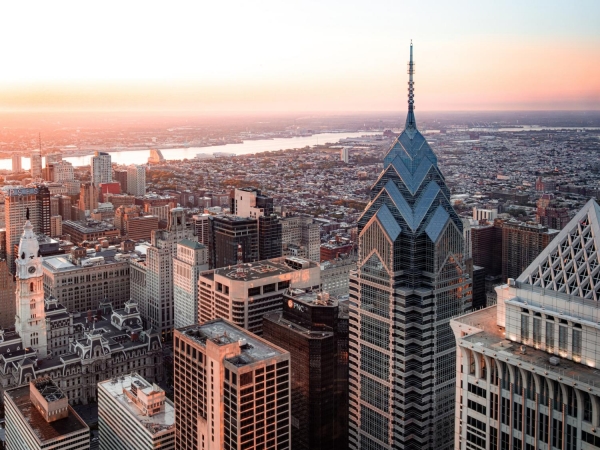The tendency of cities to trap heat — a phenomenon called the “urban heat island,” often referred to as the UHI effect — can lead to dangerous temperatures in the summer months, but new Penn State research suggests that certain urban factors can reduce this effect.
The study found that trees had a cooling effect on outdoor air temperature, mean radiant temperature and predicted mean vote index, a measurement designed to evaluate thermal comfort levels.
Additionally, the researchers determined that higher building-height-to-street-width ratios — when taller buildings create shade for thinner adjacent streets — as well as pavement that is better at reflecting sunlight, or having higher “albedo,” both led to lower mean radiant temperature and greater comfort levels.
Read more at: Penn State University
The study was based in Philadelphia, a city that the researchers said experiences high rates of both poverty and extreme weather. (Photo Credit: Photo by ActionVance via Unsplash)


